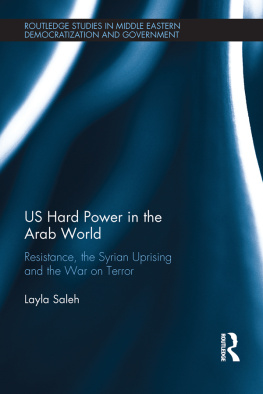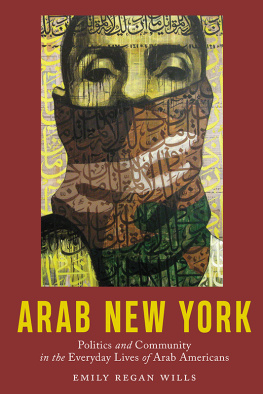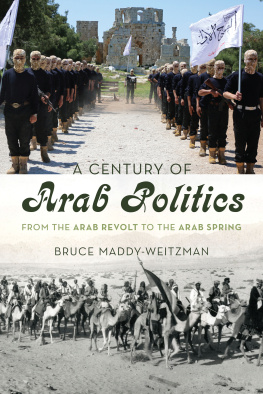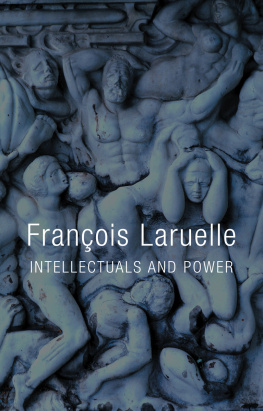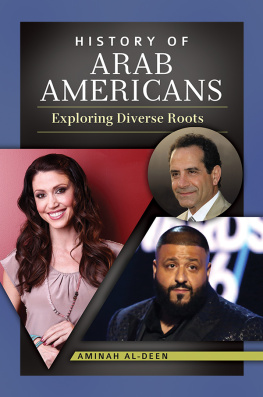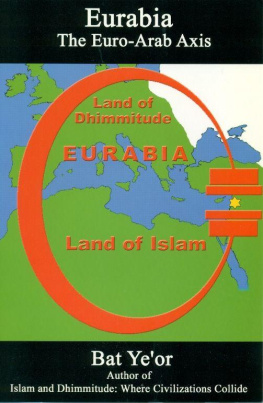By the time he died in 2003, the Palestinian American scholar Edward Said was quite possibly the most famous literature professor in the world. His academic reputation was established in the late 1970s, starting with Beginnings (1975), which helped launch the theory revolution in Anglo-American literary studies. With his knowledge of French, Said was able to draw on the work of such avant-garde Parisian theorists as Roland Barthes and Michel Foucault, many of whom he knew personally. But his most influential scholarly work was Orientalism (1978), arguably the founding text of the new field of postcolonial studies. His argument was that Orientalismthe institutionalized study of the Middle East in post-Enlightenment Europehad produced anything but objective, disinterested knowledge of the Arabs and other Orientals. On the contrary, it had produced biased scholarship premised on the superiority of European civilization and serving the interests of the European colonial powers.
At roughly the same time, Said was emerging as the leading American spokesman for the Palestinian resistance movement. His first book on the subject, The Question of Palestine , was published in 1979, two years after the Camp David peace agreement between Israel and Egypt. As far as Said was concerned, there was only one answer to the Question of Palestine: a single, secular, democratic state in all of Palestine, embracing both Jews and Arabs. The publication of The Question of Palestine coincided, more or less, with Saids debut as something of a media stara handsome, debonair university professor who spoke flawless English with an American accent and who was somehow, at the same time, an elected member of the Palestinian National Council (PNC). From the New York Times to the MacNeil/Lehrer NewsHour on public television, Said could be counted on to lay the Palestinian case before an American public predisposed to siding with Israel.
A few years before his death, Said published a memoir of his early life entitled Out of Place (1999). In it, he recalled his relationship with Dr. Charles Malik, the eminent Lebanese philosopher-statesman, whom he knew as Uncle Charles. (Maliks wife, Eva Badr, was a first cousin of Saids mother, Hilda Musa.) Nowadays, Malik is a largely forgotten figure outside of Lebanon. Between 1945 and 1960, however, he was the most famous Arab diplomat in America and perhaps the world. As the Lebanese ambassador to the United States and the United Nations, and later as Lebanons foreign minister, Malik was known as a loyal ally of America, a sharp critic of Israel, and a staunch opponent of Communism. He had friends in high places, from Eleanor Roosevelt, with whom he served on the UN Human Rights Commission, to the Dulles brothersJohn Foster and Allen Welshwho served as Secretary of State and Director of Central Intelligence, respectively, in the Eisenhower administration.
Malik was not a diplomat by nature, training, or inclination. Like his nephew Edward, he was a Harvard-trained professor long before he stepped onto the world stage. As a student at the American University of Beirut, he had been introduced to the study of philosophy and developed a passion for ideas, logic, and the uncompromising quest for truth. At Harvard, he studied with Alfred North Whitehead, the eminent English mathematician and philosopher. At Freiburg, he studied with Martin Heidegger, the father of existentialism. He then returned to the AUB to teach philosophy the way the Greeks had taught itperipatetically, dialogically, with a small circle of like-minded pupils, working slowly through classic texts of Western thought. Instead of becoming another Plato or Heidegger, however, he answered the call to public service in the prime of his academic career.
From Out of Place , we learn that Malik played an important role in Edward Saids development, both intellectual and political. From Uncle Charles, Edward recalled,
I learned the attractions of dogma, of the search for unquestioning [ sic ] truth, of irrefutable authority. From him I also learned about the clash of civilizations, the war between East and West, communism and freedom, Christianity and all the other, lesser religions.... During the forties and early fifties Maliks comforting moral certainty and granitic power, his inextinguishable faith in the Eternal, gave us hope.
But Edwards opinion of his uncle began to change as a result of his own political awakening in the late 1960s, until Malik came to represent everything he despised most in religion and politics:
He began his public career during the late 1940s as an Arab spokesman for Palestine at the U.N., but concluded it as the anti-Palestinian architect of the Christian alliance with Israel during the Lebanese Civil War. Looking back at Maliks intellectual and political trajectory, with all that it involved for me as his youthful admirer and companion, relative, and frequenter of the same circles, I see it as the great negative intellectual lesson of my life, an example which for the last three decades I have found myself grappling with, living through, analyzing, over and over and over with regret, mystification, and bottomless disappointment.
Uncle Charles, one might say, was the father-figure in Edwards intellectual and political lifethe conservative teacher who must be slain, symbolically, by the radical student.
The irony was that the two men resembled each other in many respects. Both were Arab Christians, born into minority communities in predominately Muslim lands. Both were educated in American schools, first in the Middle East, then in the States, ultimately earning PhDs at Harvard. Both were fluent in multiple languagesEnglish, French, and Arabicand passionately devoted to European culture. Both were charismatic teachers who inspired a loyal following among awe-struck students. Both were dedicated to the life of the mind, but neither could resist, when it arrived, the siren call of politics. Both became increasingly devoted to their people, and to their survival as a peoplein Maliks case, the Lebanese Christians; in Saids case, the Palestinians. Both denounced terrorism but were willing to countenance violence when they deemed it necessary for national or communal self-defense. Both were proud, averse to criticism, often resorting to verbal intimidation of those who dared question or oppose them. Both were men of principle who hated silence and compromise.
Such similarities suggest that Said might have become a lifelong disciple of Uncle Charles. Instead, they became ideological opposites. Malik remained a devout Greek Orthodox Christian dedicated to reconciliation with Rome who was admired by evangelical Protestants. Said relinquished his familys Protestant faith and renounced all religion while defending Islamic culture against prejudiced Orientalists. Malik held that the discovery of truth was the province of philosophy, of reflection on the nature of things. Said believed that it was the province of philology, of reflection on the nature of words. Maliks library was built on the ancient Greeks, the Church Fathers, and the existentialistsPlato, Aristotle, Chrysostom, Aquinas, Kierkegaard, and Heidegger. Saids library was eclectic, an idiosyncratic collection of eccentric European thinkersGiambattista Vico, Erich Auerbach, Antonio Gramsci, Michel Foucault. Malik was a conservative anti-Communist who feared Arab nationalism and radical Islam. Said embraced radical politics and the Palestinian resistance movement. Malik loved Lebanon and loved America. Said loved no nation, preferring cosmopolitan cities like Beirut and New York to their provincial hinterlands.





